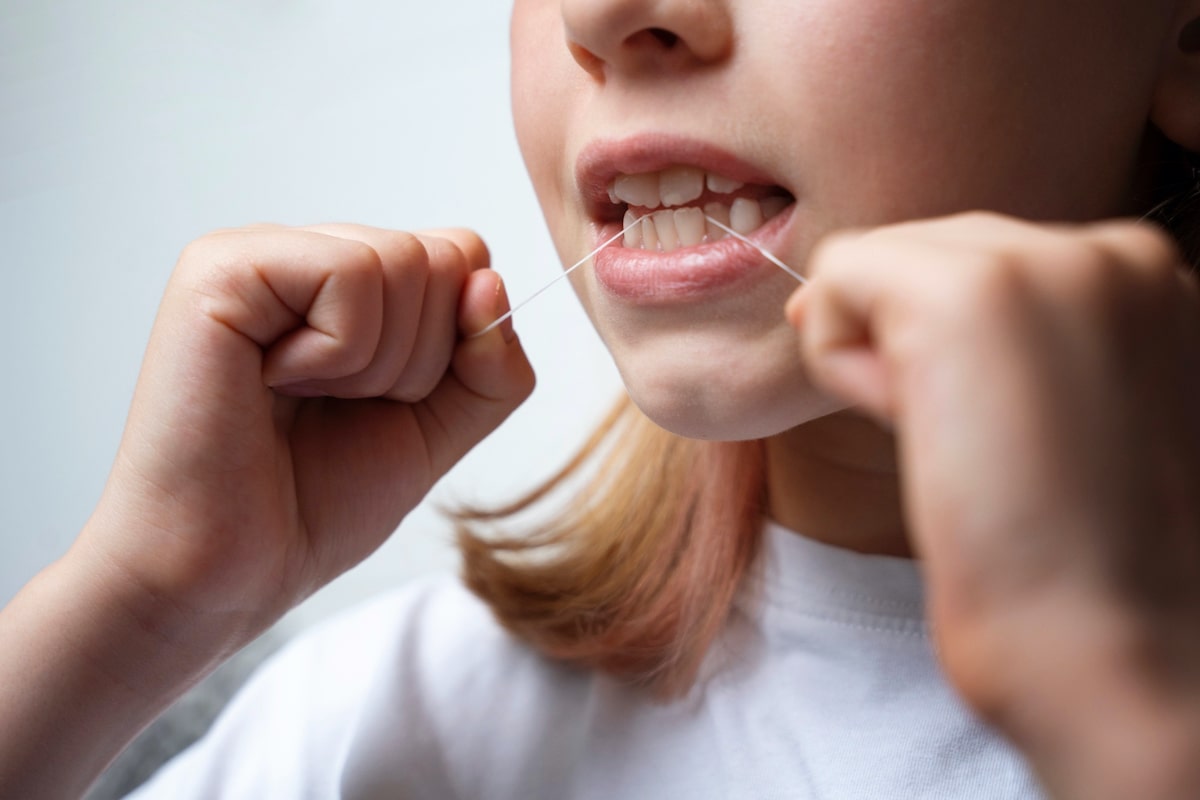
Why Do I Need to Floss My Teeth?
January 31, 2018This is a popular question from patients, especially since teeth flossing came up for debate in the media in 2016. The US government had stopped including flossing in their 2015 Dietary Guidelines as they claimed there wasn’t enough scientific proof to support the effectiveness of flossing in plaque removal.
Despite this change, most dentists and hygienists note that they can see the difference in dental health between patients who floss their teeth, and those who don’t. My personal experience is that my teeth feel and look cleaner after flossing, so I continue to advise patients to floss their teeth for long-term oral health.
Watch this quick video from the BC Dental Association’s Your Dental Health program for a great example on why flossing is necessary:
“If you’re not flossing you’re only cleaning 2/3rd of your teeth” is the main message here. In other words, flossing is an interdental cleaner: it removes food debris from in between teeth, as well as plaque, which can be sticky and bacteria laden.
When left on the tooth, plaque eventually hardens into tartar. And tartar is not easily removed—in fact, this is what your dental hygienist is cleaning from your teeth during dental visits. Can you imagine how different your dental cleaning would be if tartar growth was kept in check?
Mouthwash does not remove stuck food and stubborn tartar, no matter how ‘clean’ your mouth feels after using it.
Flossing Tips
- Floss your teeth at least once a day – find a time that works best for your schedule, and stick to it.
- Find a floss you like that fits your teeth. For example, if you have tight teeth, consider using a tape or waxed version to help it move between the teeth. If you’re not sure where to start, ask our dental team for help.
- Floss gently above and below the gum line to remove plaque.
- If your gums bleed during flossing, don’t worry. This may repeat for one or two days and then subside when your gums adjust to the flossing. If bleeding persists after a full week of flossing, contact your dentist so they may check your gums.
If you have any questions about flossing, make an appointment to see your dentist.







